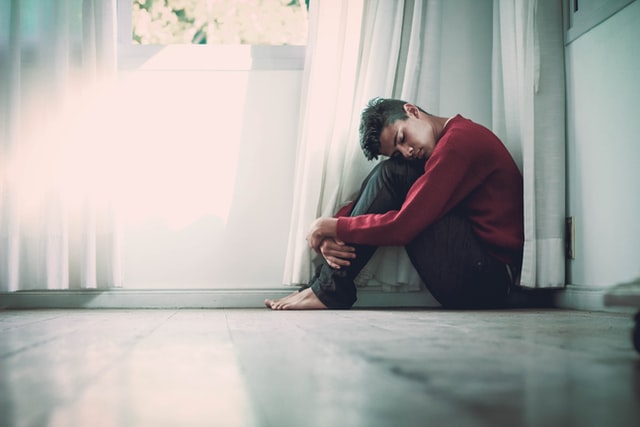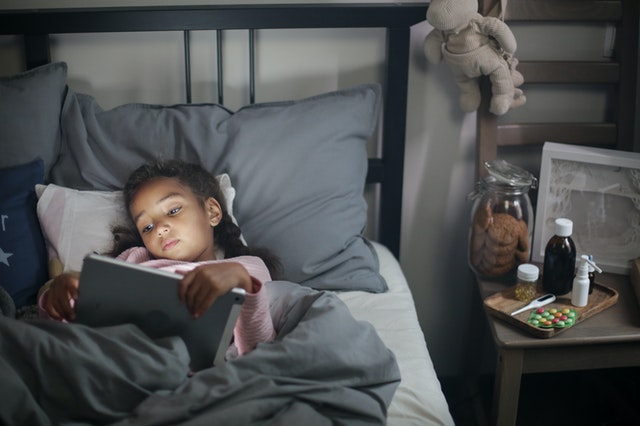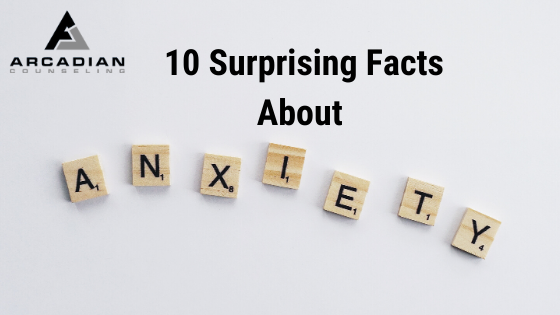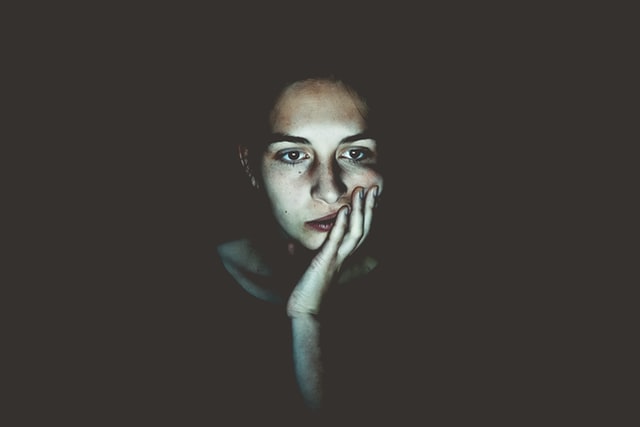According to the Anxiety and Depression Association of America (ADAA), anxiety disorders are the most common mental health conditions affecting 40 million Americans. However, anxiety is currently a popular buzzword with many people misunderstanding many facts about anxiety.
Feeling overwhelmed, struggling with racing thoughts and difficulty concentrating are some obvious ways people experience anxiety. Panic and fear are also common culprits associated with anxiety. But did you know anxiety can be a good thing? Did you know anxiety (like many difficult emotions) can be an opportunity for growth?
surprising facts about anxiety

One of the surprising facts about anxiety for many is that it is a good thing – if you understand how to react to it.
1. Anxiety can be genetic
Why do some survive traumatic events and come through seemingly unscathed? And yet others develop anxiety disorders like PTSD, Panic Disorder, and Generalized Anxiety Disorder. One thing is certain: anxiety disorders and anxious temperaments seem to run in families. Studies also show that individuals who are genetically predisposed to anxiety are at a higher risk of developing anxiety after exposure to traumatic or stressful events.
2. Anxiety and Depression are linked
Anxiety is often a cause or a trigger of depression. Research indicates women who have generalized anxiety disorder are at an increased risk for developing depression. People with chronic depression often develop symptoms of anxiety as a result of the mental exhaustion of depression. The same is true for sufferers of chronic anxiety. For example, people who struggle with Social Anxiety Disorder often develop depressive symptoms as a result of lifestyle choices made in order to accommodate the symptoms of Social Anxiety Disorder, such as avoiding others and public places.
3. Anxiety often begins in childhood

Another one of the surprising facts about anxiety is that it usually begins in childhood.
According to the CDC, approximately 7% of children between the ages of 3 and 17 years old have diagnosed anxiety. Since children are still developing their verbal skills they can’t say, “I have anxiety” or “I’m really worried.”
Instead their anxiety shows up in complaints such as stomach aches, headaches, or behavioral issues like temper tantrums. Other common anxiety symptoms in children include restlessness, inattention, avoidance, and frequent meltdowns. Sadly, these symptoms often get misdiagnosed as ADHD – and then medicated.
4. Anxiety can cause physical symptoms
Most people know that anxiety causes difficulty focusing and concentrating, restlessness, irritability and frustration. However, few people realize that anxiety causes serious physical problems like weakness, shortness of breath, rapid heart rate, nausea, hot flashes, and dizziness. People experiencing a panic attack often end up in the ER believing they are having a heart attack.
5. Anxiety disorders increase risk of health complications
According to research at Harvard, anxiety has been indicated in several chronic physical illnesses, including heart disease, chronic respiratory disorders like COPD, gastrointestinal conditions such as IBS, and substance abuse. There is still a lot to learn about the way our body experiences anxiety and how it effects our physical health. However, what is certain is that long-term exposure to increased cortisol levels (i.e., anxiety) leads to decreased immunity and damage to the heart and lungs.
6. Anxiety can cause cold hands and feet
Have you ever wondered why your hands and feel sometimes feel cold to the touch? Did you know that it could be the result of anxiety? When we feel anxious, the flight or fight response kicks in. When this occurs, blood flow is redirected from your extremities, such as your hands and feet, and towards the torso and vital organs. This creates the feeling of cold in your hands and feet.
7. Anxiety can cause anger
A common, but lesser-known side effect of anxiety is anger. When we feel powerless over a situation, or our life is out of our control, expressing anger is a natural way to feel a sense of control.
It’s much easier to externalize the conflict rather than acknowledge the real issue and deal with it. Additionally, with chronic sufferers of anxiety, depression sometimes develops.
8. Anxiety can cause memory problems
Because individuals who suffer from anxiety often struggle to stay in the present moment, it makes them often forgetful. People who suffer from generalized anxiety disorder struggle with worry and an inability to control the worry. When we worry, it’s often about something that hasn’t happened yet, meaning we are in thinking in the future – where problems may occur. This is why people who suffer from anxiety often appear like they’re distracted, not listening, or they just don’t care.
9. Women are twice as likely as men to develop an anxiety disorder

Perhaps one of the most surprising facts about anxiety is that women are twice as likely as men to develop an anxiety disorder.
According to the ADAA, from the time a girl reaches puberty to the age of 50, she is twice as more likely to develop an anxiety disorder as a man. A woman’s fight or flight response is more easily activated and stays activated longer than a man’s – partly due to progesterone and estrogen. There’s also evidence to suggest that the female brain does not process serotonin as quickly as the male brain and they are more sensitive to low levels of corticotropin-releasing factor (CRF), a hormone that organizes stress responses in mammals.
10. Exercise can help reduce anxiety
Countless studies show exercise helps decrease symptoms of anxiety. Did you know that a single workout has been proven to be a quick mood booster? And it doesn’t matter if the exercise is intense. It can be a quick walk around the block or a 30 minute run.
Anxiety can also be a good thing. It can keep you safe. Walking to your car alone late at night? Anxiety can help alert you of your surroundings to get you to your car safely. Anxiety can help you perform better. Have a big presentation at work? Anxiety can help ensure you prepare so you perform your best.
Anxiety is also a normal and appropriate response to stressful events. It only becomes a problem when we react to it in a way that is counterproductive to a rich, full and meaningful life.
James Killian, LPC is the Principal Therapist & Owner of Arcadian Counseling in New Haven, CT where they specialize in helping over-thinkers, high achievers, and perfectionists take control and move From Surviving to Thriving.


